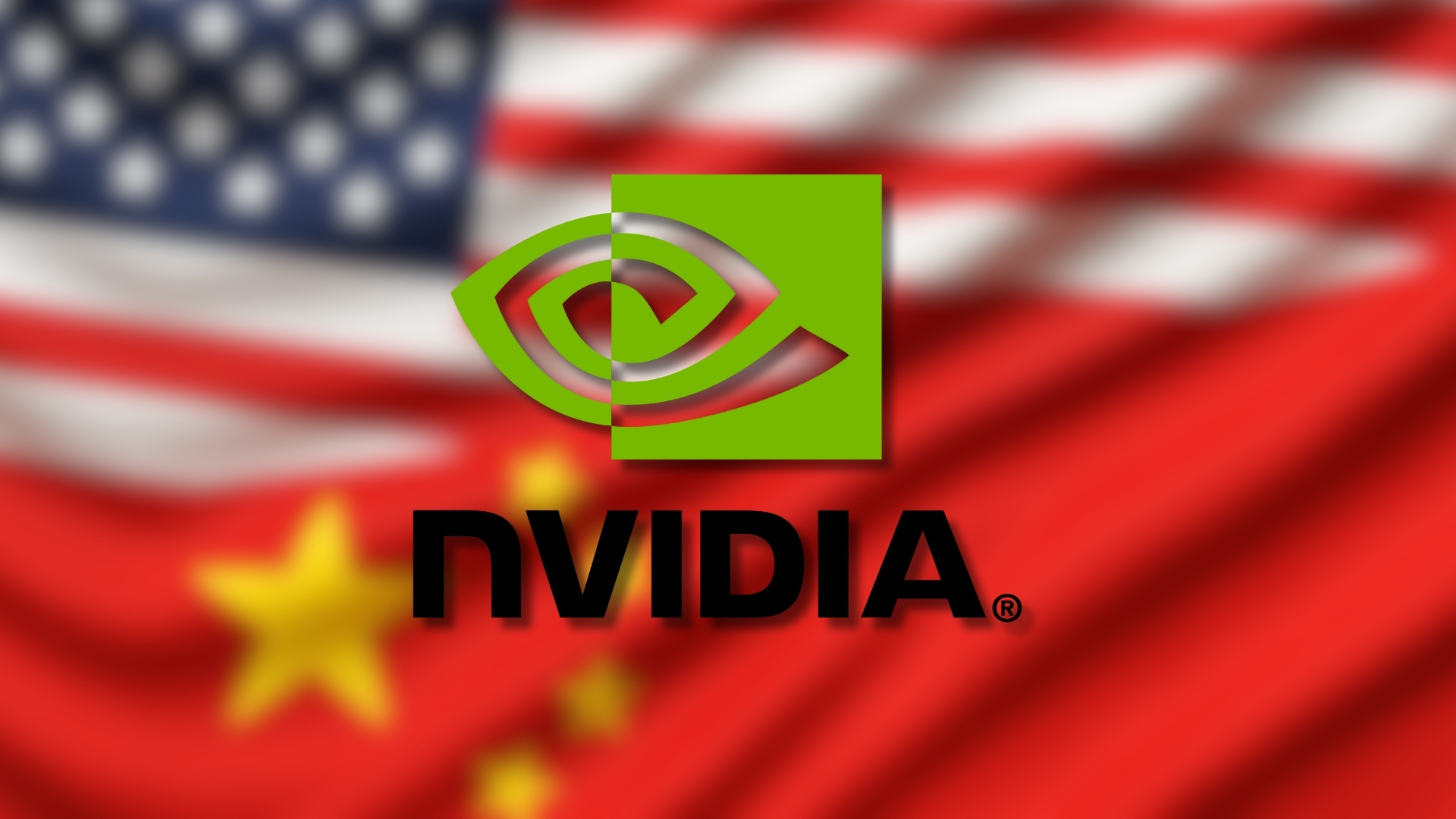The Supreme Court of India has delivered a forceful warning to Meta after judges said the company could not play with the right to privacy.
The court questioned how WhatsApp monetises personal data in a country where the app has become the de facto communications tool for hundreds of millions of people. Judges added that meaningful consent is difficult when users have little practical choice.
Meta was told not to share any user information while the appeal over WhatsApp’s 2021 privacy policy continues. Judges pressed the company to explain the value of behavioural data instead of relying solely on claims about encrypted messages.
Government lawyers argued that personal data was collected and commercially exploited in ways most users would struggle to understand.
The case stems from a major update to WhatsApp’s data-sharing rules that India’s competition regulator said abused the platform’s dominant position.
A significant penalty was issued before Meta and WhatsApp challenged the ruling at the Supreme Court. The court has now widened the proceedings by adding the IT ministry and has asked Meta to provide detailed answers before the next hearing on 9 February.
WhatsApp is also under heightened scrutiny worldwide as regulators examine how encrypted platforms analyse metadata and other signals.
In India, broader regulatory changes, such as new SIM-binding rules, could restrict how small businesses use the service rather than broadening its commercial reach.
Would you like to learn more about AI, tech and digital diplomacy? If so, ask our Diplo chatbot!










